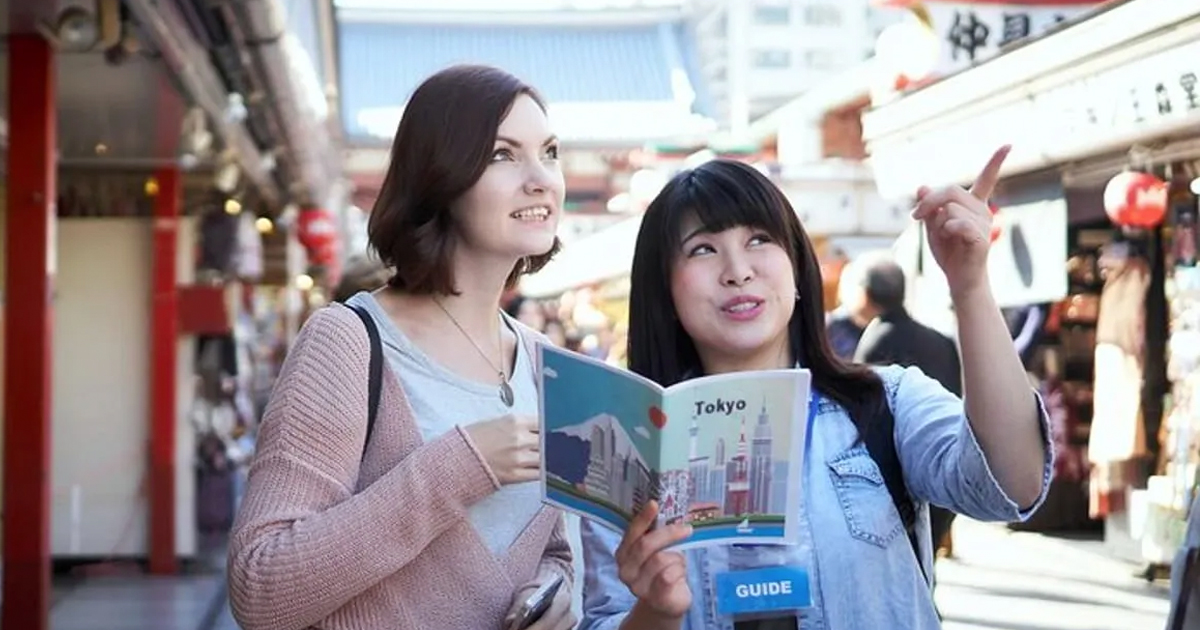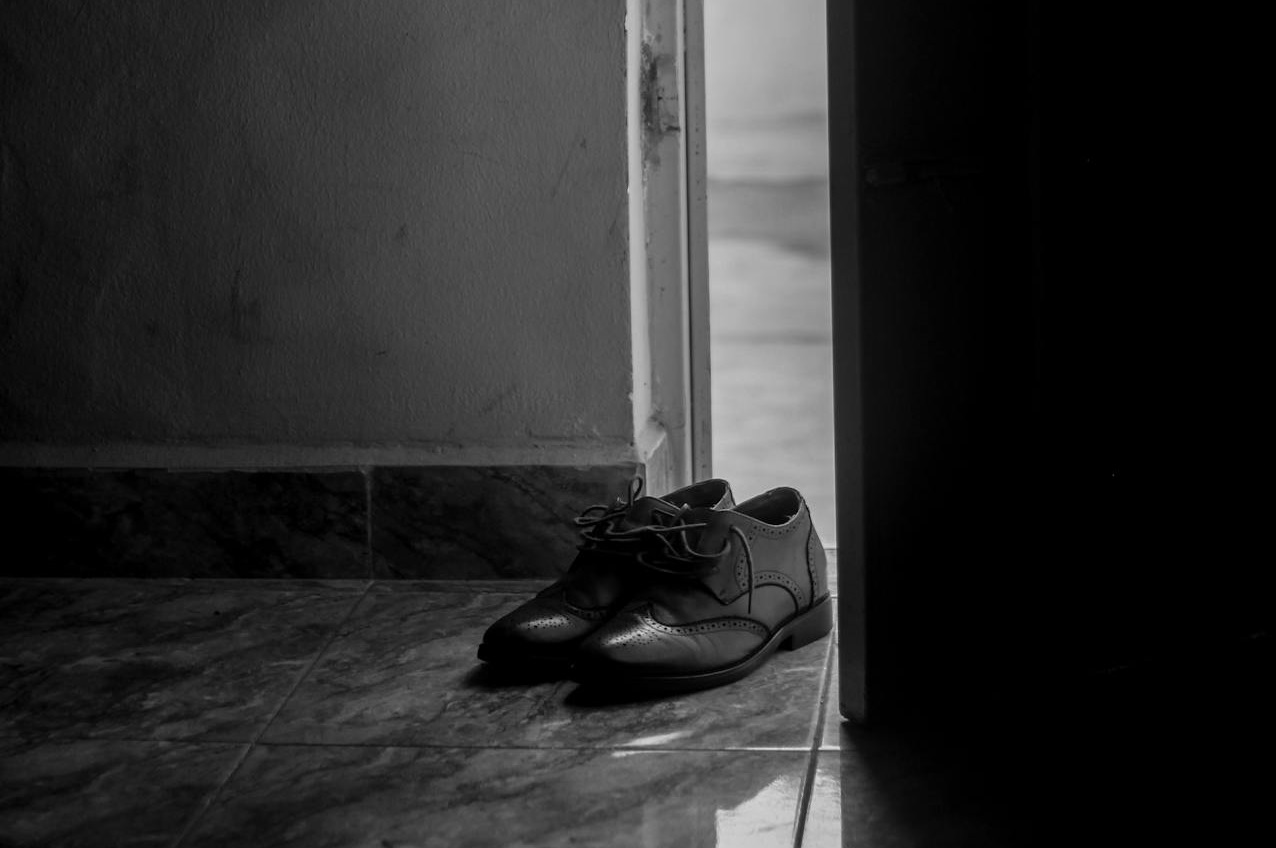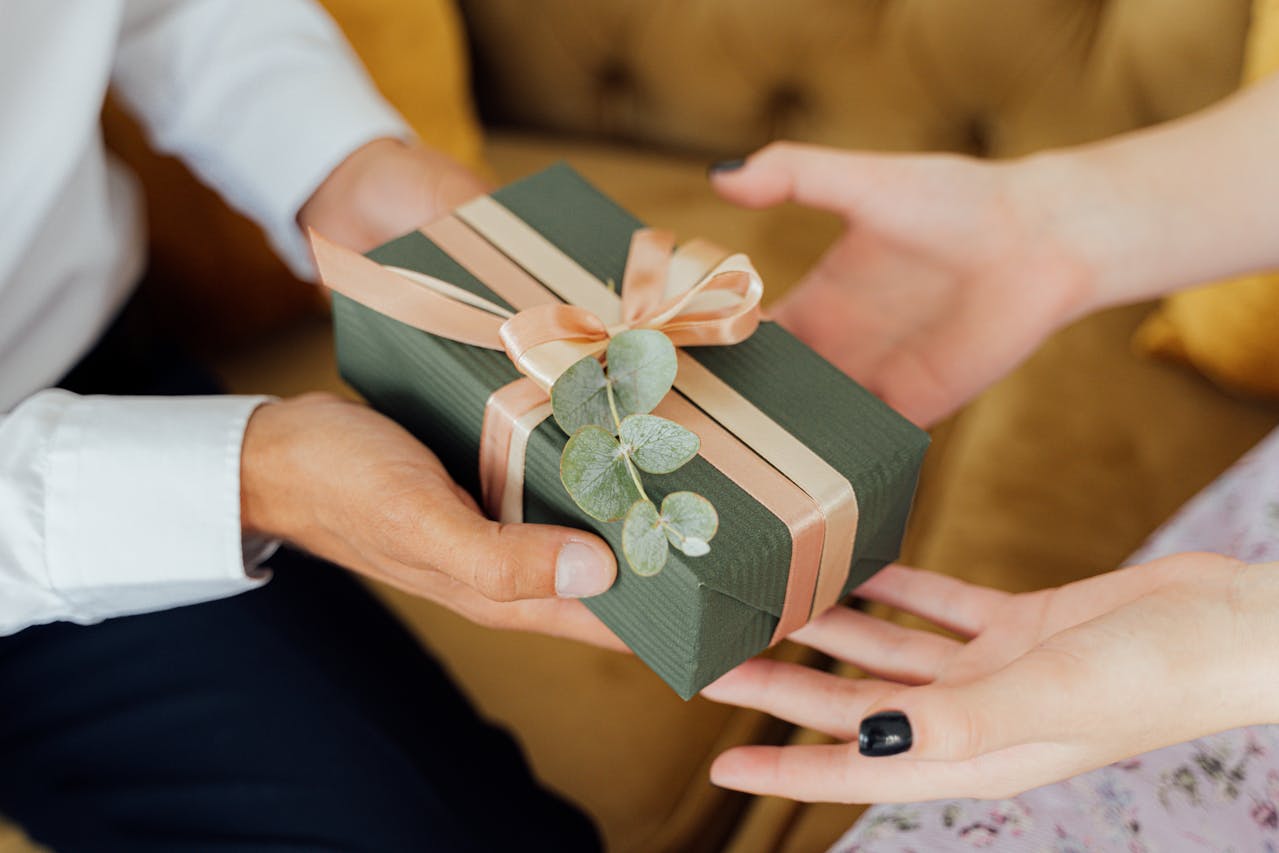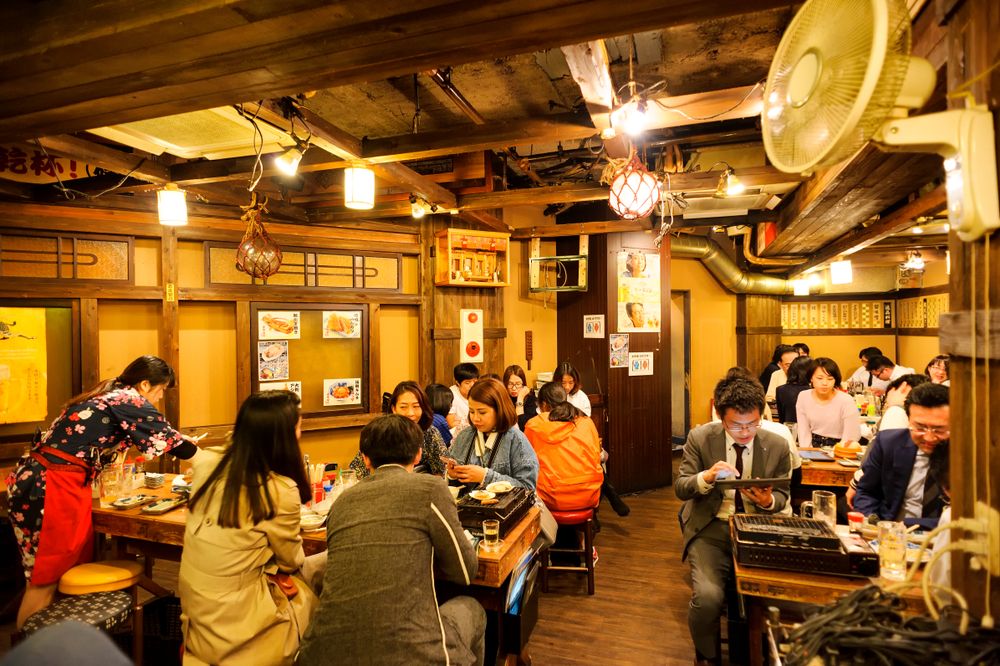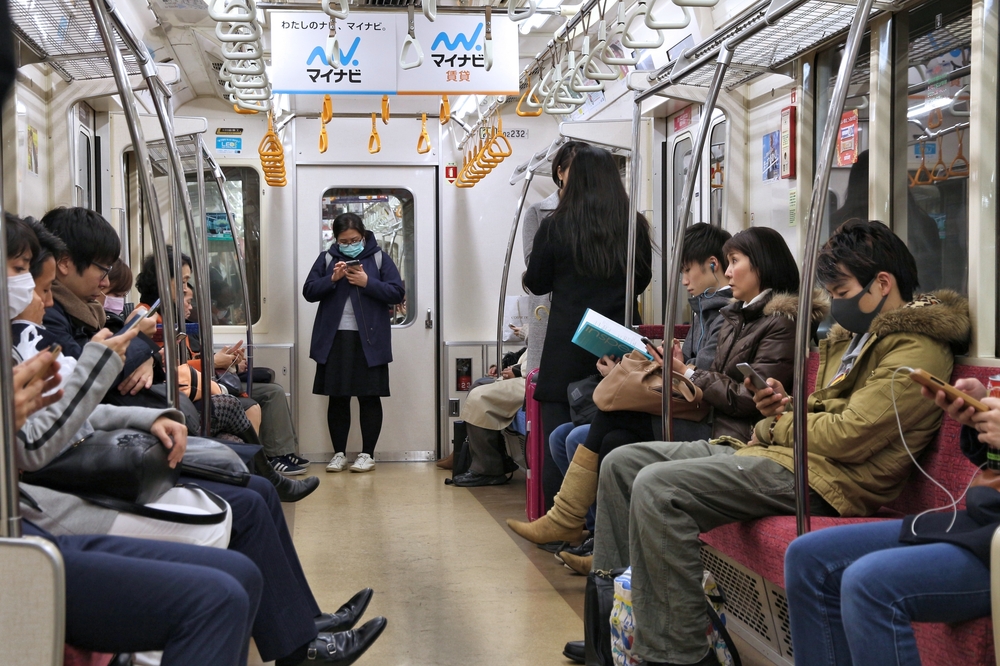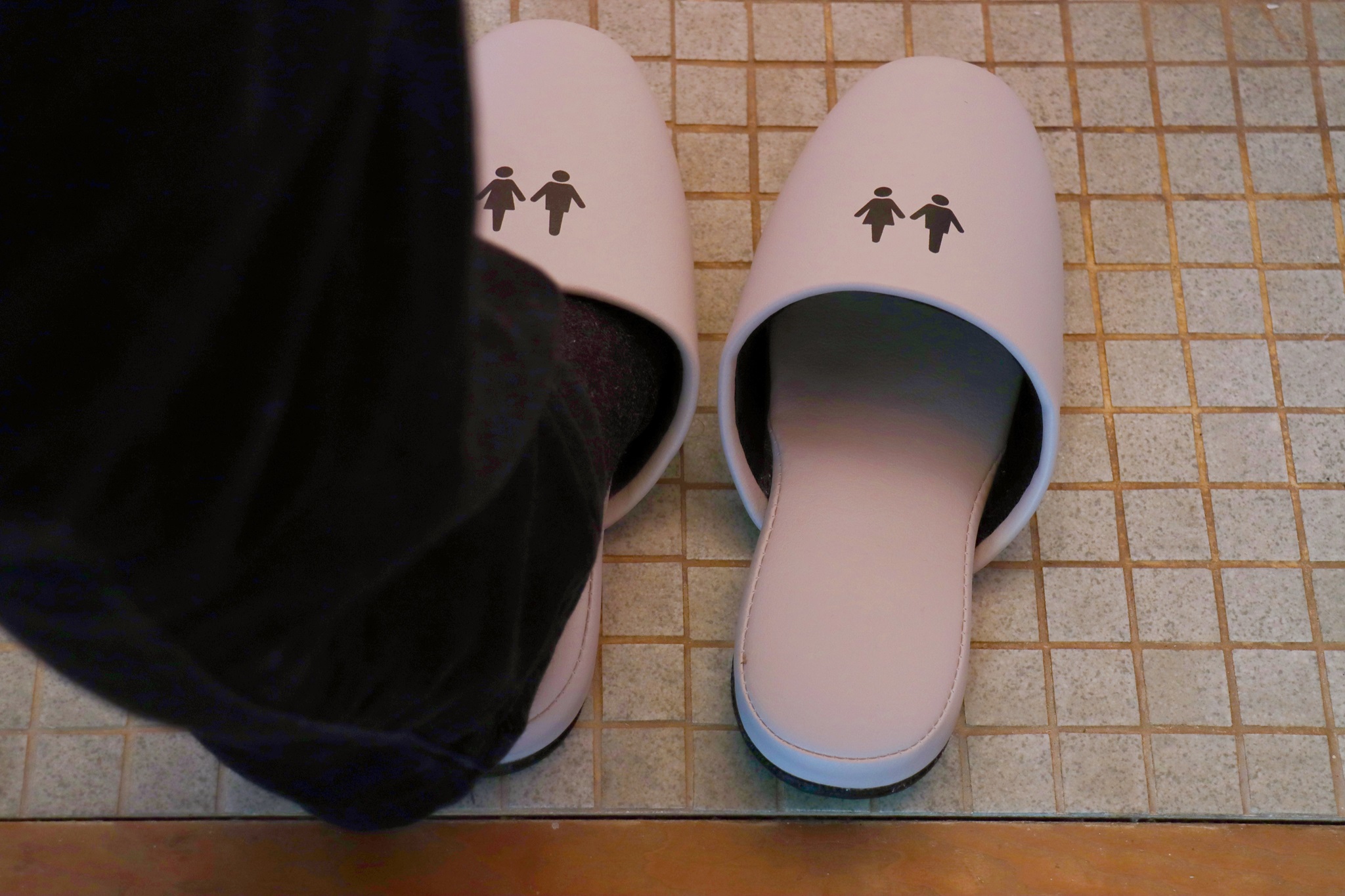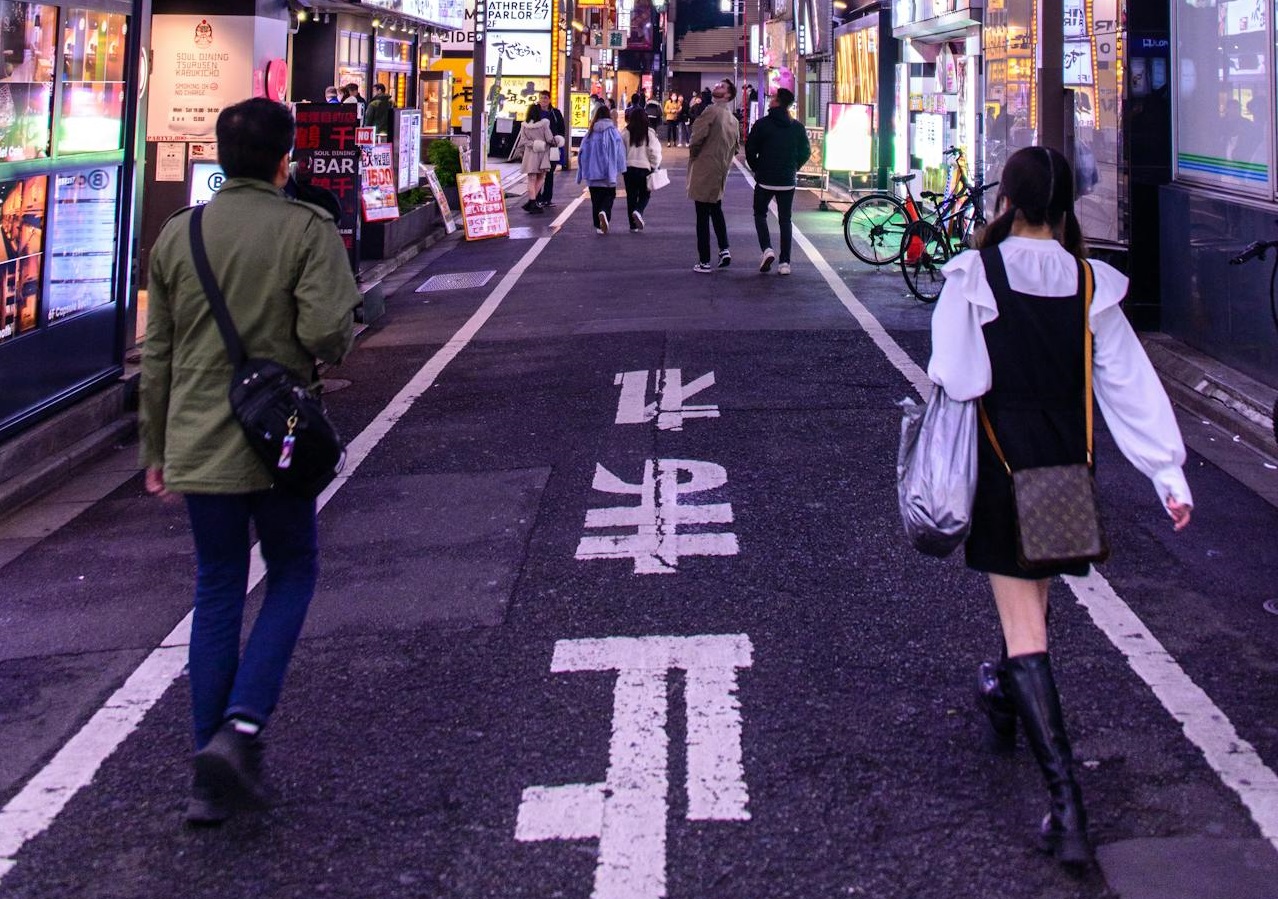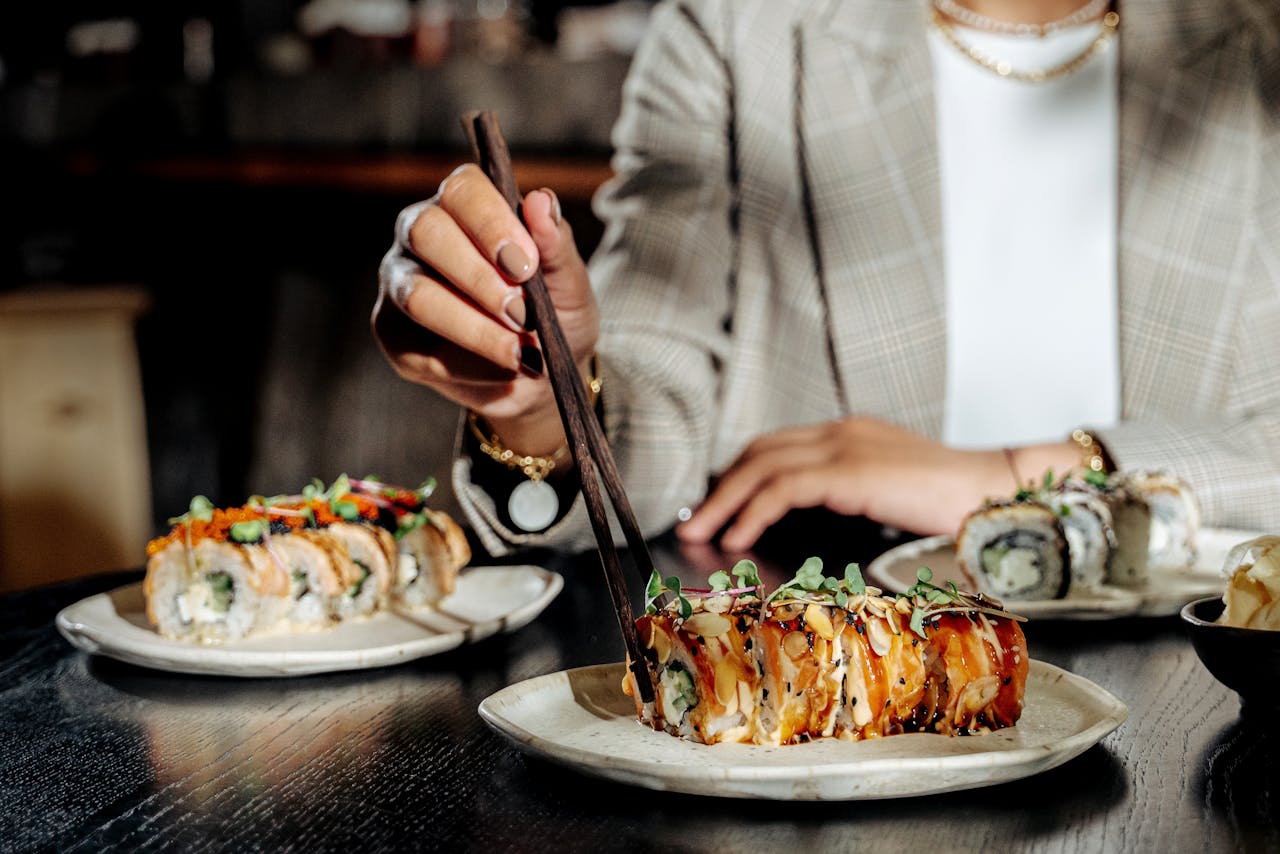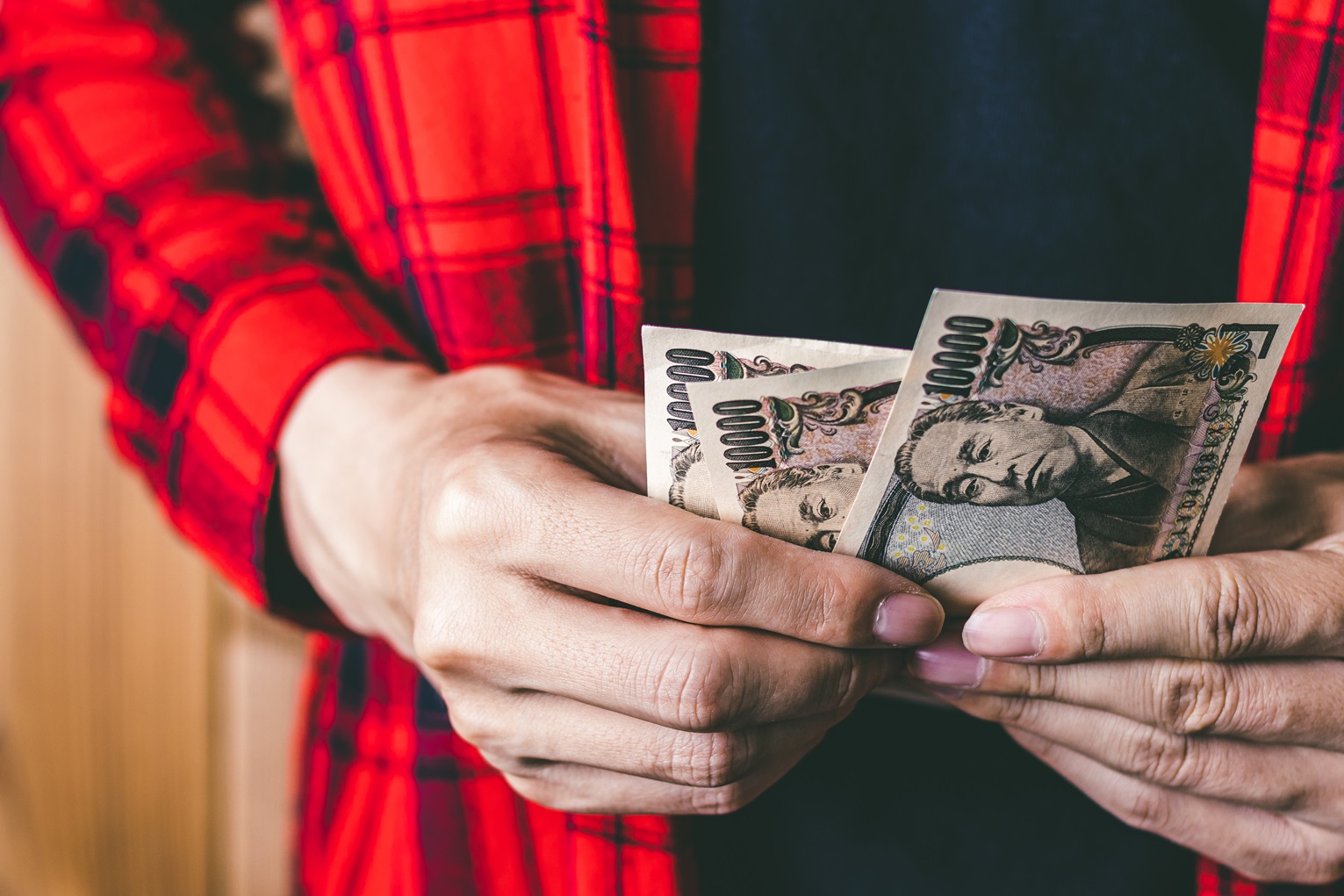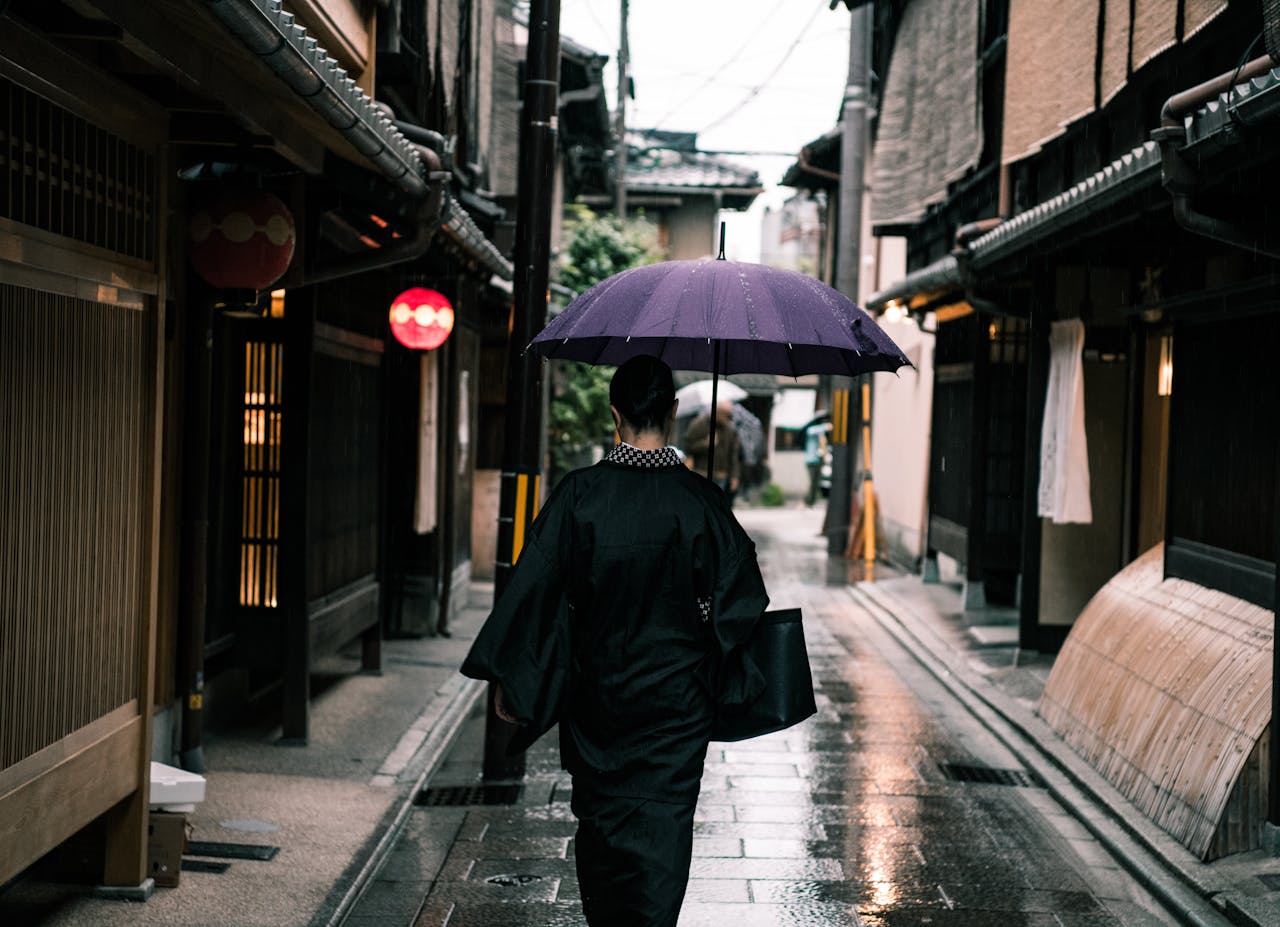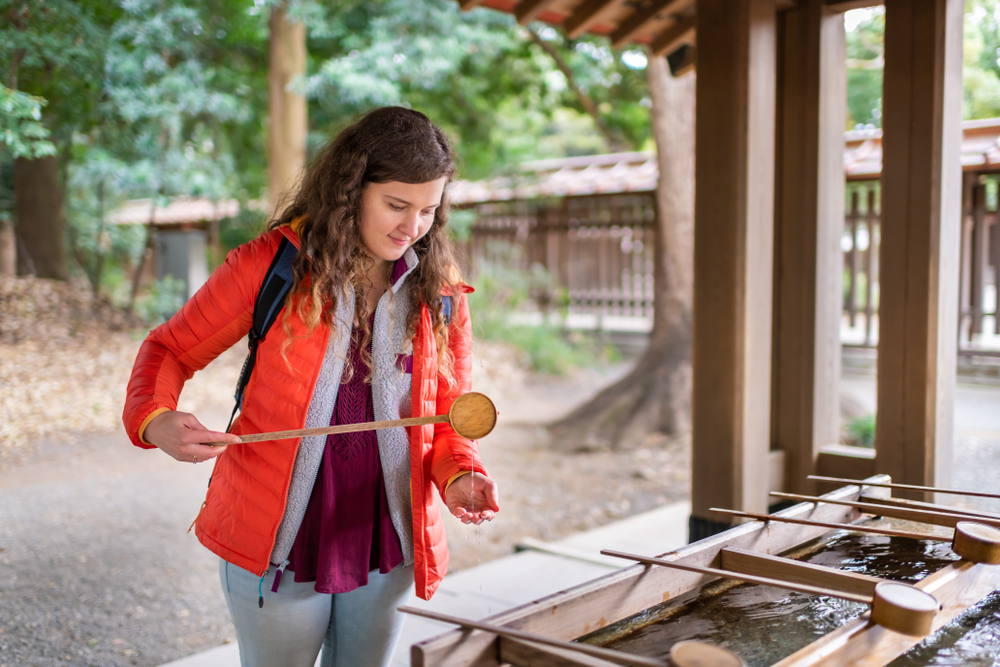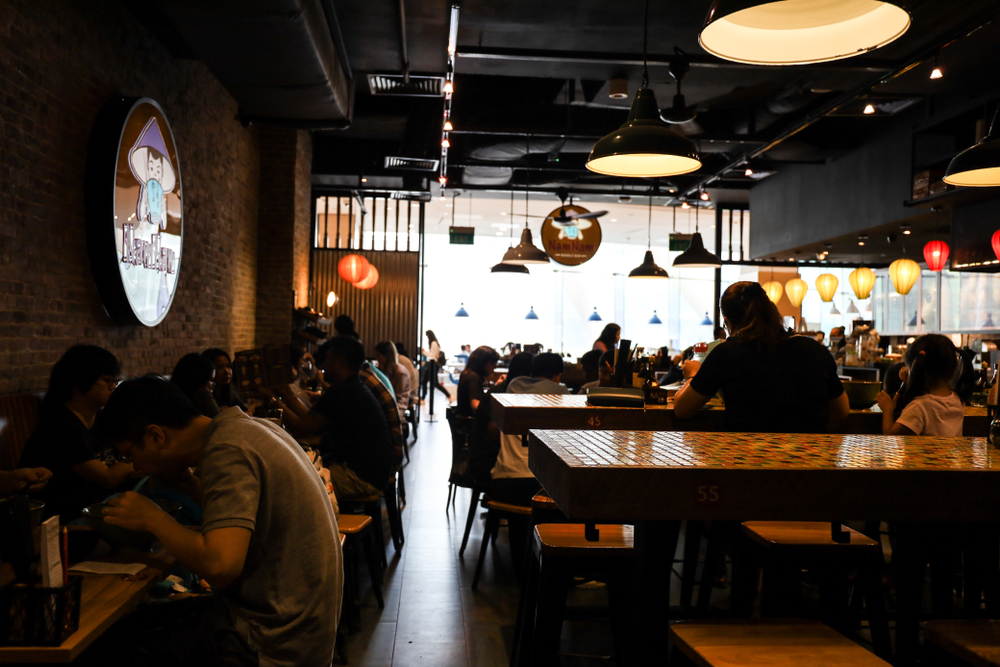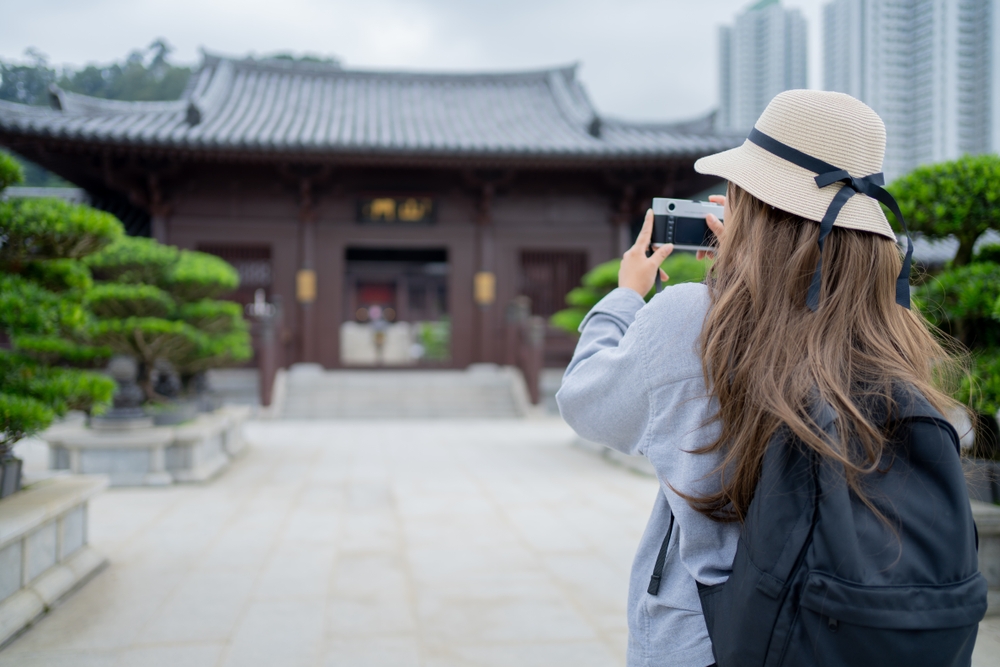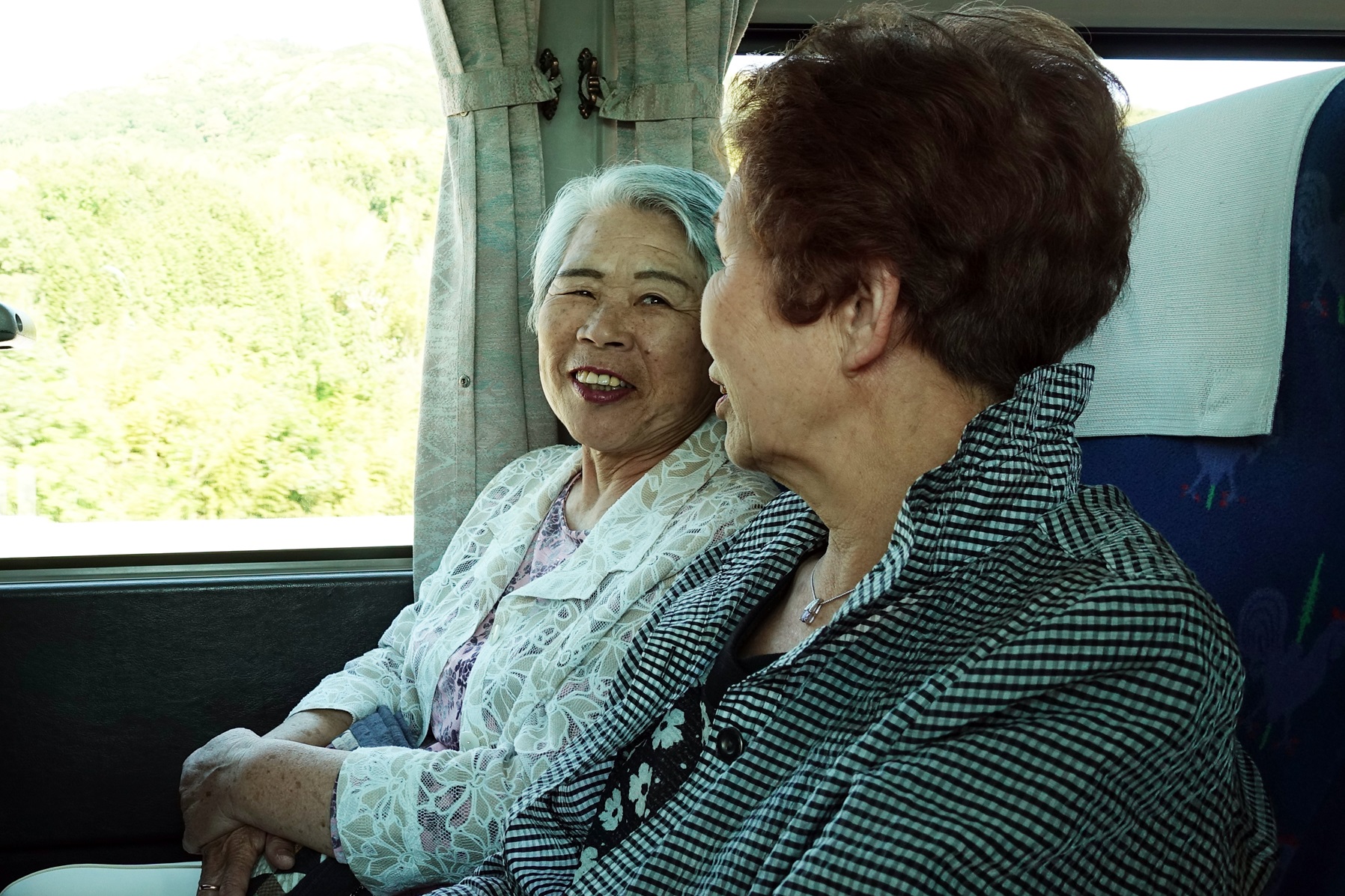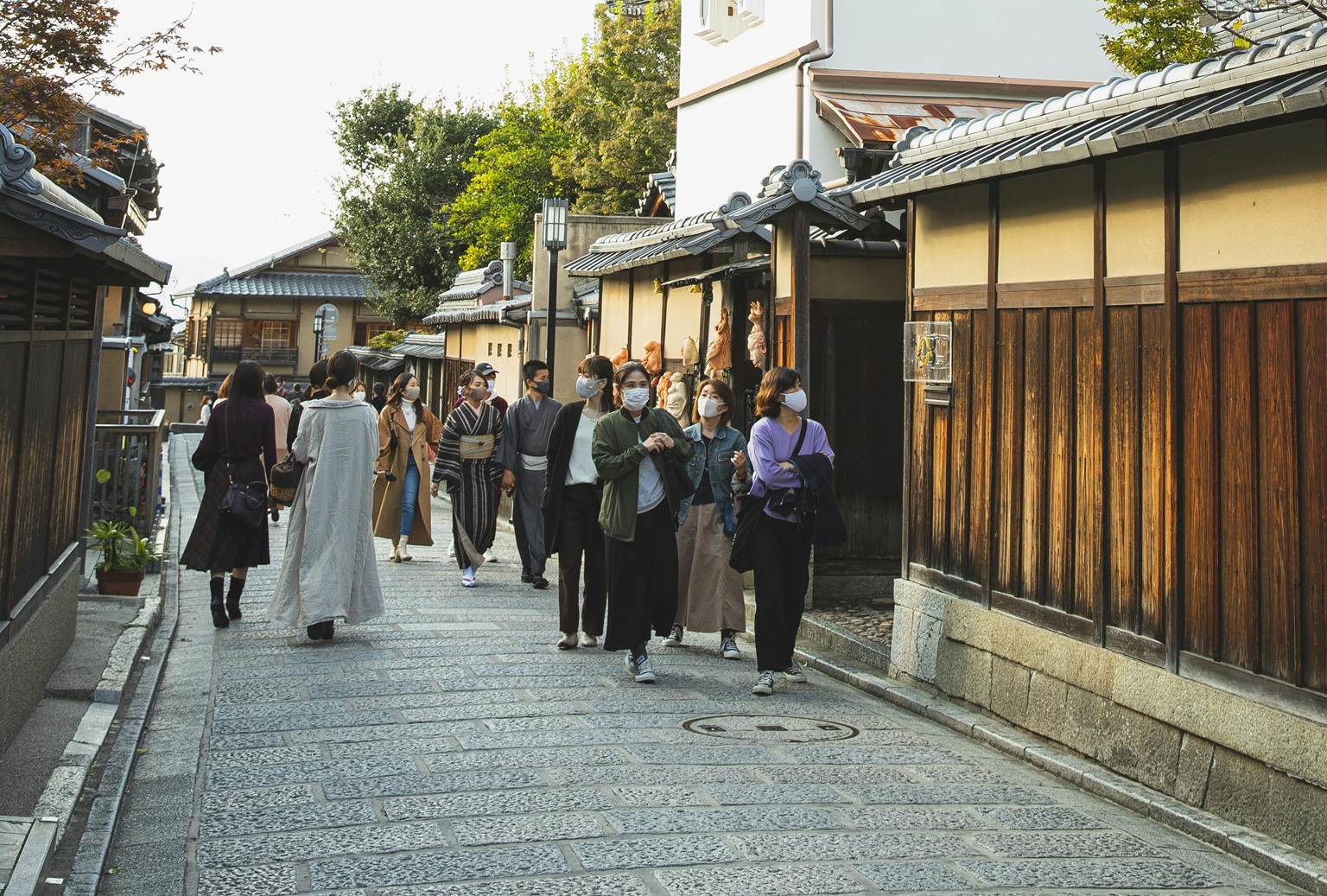Respect goes a long way in Japan
When you visit Japan, it's essential to show respect for local customs and manners. Doing so will ensure that you have a pleasant and seamless experience. Here are 30 unwritten rules to follow.
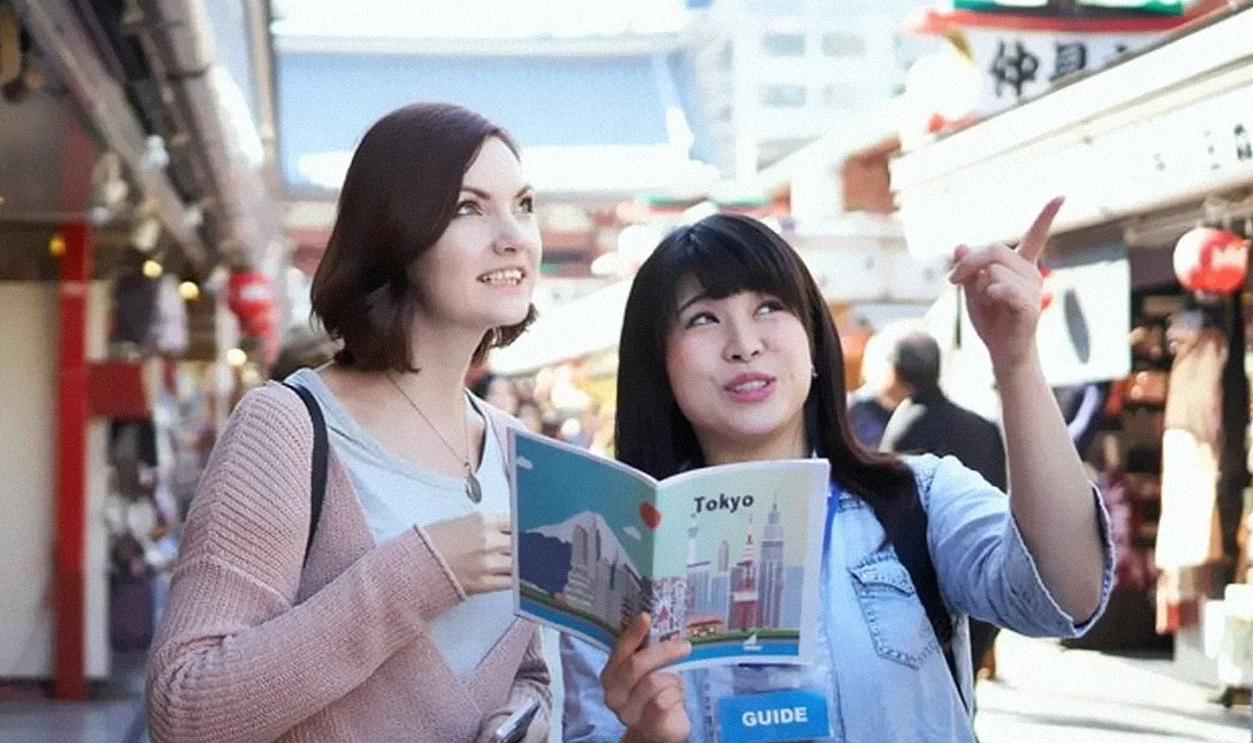
Take your shoes off indoors
Make sure to take off your shoes when you visit a house, hotel, or religious buildings like temples or shrines. Slippers are typically given, so please wear them.
Bow to show respect
A small bow or a head nod is a typical gesture to greet or show gratitude to someone. The deeper the bow, the greater the display of respect.
Offer and receive with two hands
Make sure to always use both hands when offering or receiving items, particularly gifts or business cards. It demonstrates consideration and concern for the individual you are engaging with.
Do not tip at restaurants
In Japan, tipping is not customary and can even be considered rude. That's because good service is simply expected as part of the job in Japanese culture.
Respect the line-ups
When waiting for trains, buses, or elevators in Japan, make sure to stand in neat and orderly lines. This helps everyone board smoothly and reduces chaos.
Be quiet on public transport
When using public transportation in Japan, keep your voice down and speak quietly to maintain the peace for everyone onboard. Loud conversations or attention-grabbing displays are generally frowned upon in Japan.
Do not point with your fingers
Use your entire hand for gesturing instead of just using your finger to point. Pointing may be seen as impolite or excessively straightforward.
Avoid blowing your nose in public
Generally, it is seen as rude to blow your nose in public. If you must blow your nose, try to do so discreetly or excuse yourself to a bathroom.
Wear designated slippers to the toilet
When you go to the bathroom, make sure to change into the provided toilet slippers and remember to switch back later. This tradition reflects the importance of cleanliness and hygiene in Japanese culture.
Don't walk and eat
Find a place to sit and enjoy your food rather than eating while walking. This helps keep the streets clean and shows good manners.
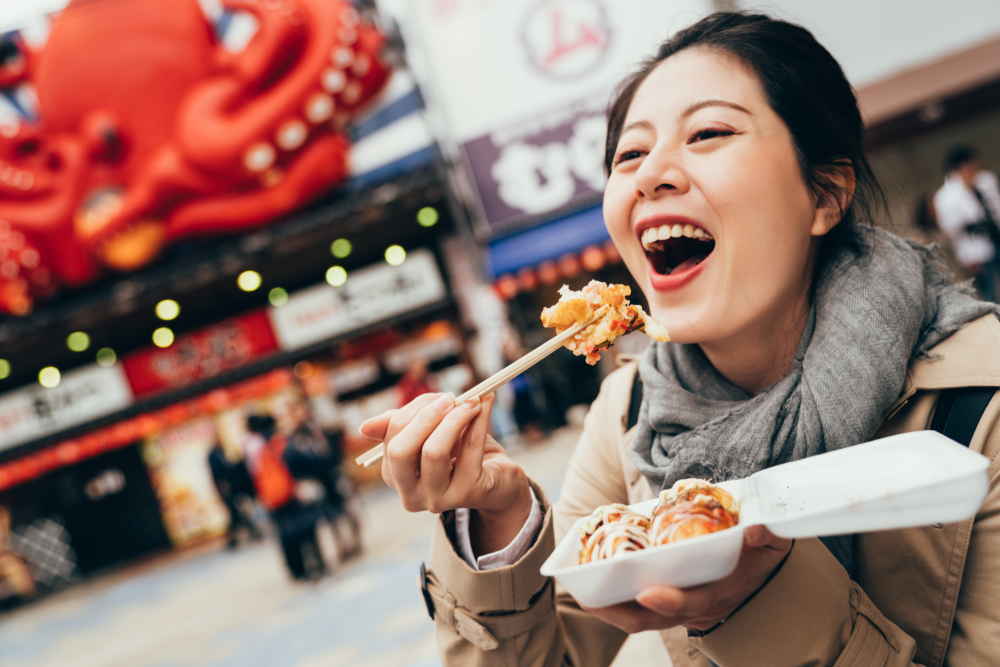 PR Image Factory, Shutterstock
PR Image Factory, Shutterstock
Respect other people's space
Respect personal boundaries and refrain from making physical contact with others. Japanese culture highly values personal boundaries.
When using chopsticks
Learn the correct way to use chopsticks. For example, avoid putting chopsticks straight up into your rice since doing so is similar to a funeral gesture. Also, don't hand food to others using your chopsticks.
Slurp your noodles proudly
It is completely acceptable, and even recommended, to noisily slurp your noodles. This shows the business owner that you are really enjoying your food.
Always carry cash with you
Many places prefer cash over credit cards, so it’s a good idea to carry enough yen with you. This ensures you won’t have any trouble paying for things.
Sort out your trash
Make sure to follow Japan's rigorous waste disposal regulations by separating and carrying your garbage until you locate the correct bin. There are few public trash bins available, so make sure to prepare.
Escalator etiquette
In Tokyo, always stand on the left side on escalators, while in Osaka, stand on the right side. This allows people in a hurry to pass on the other side.
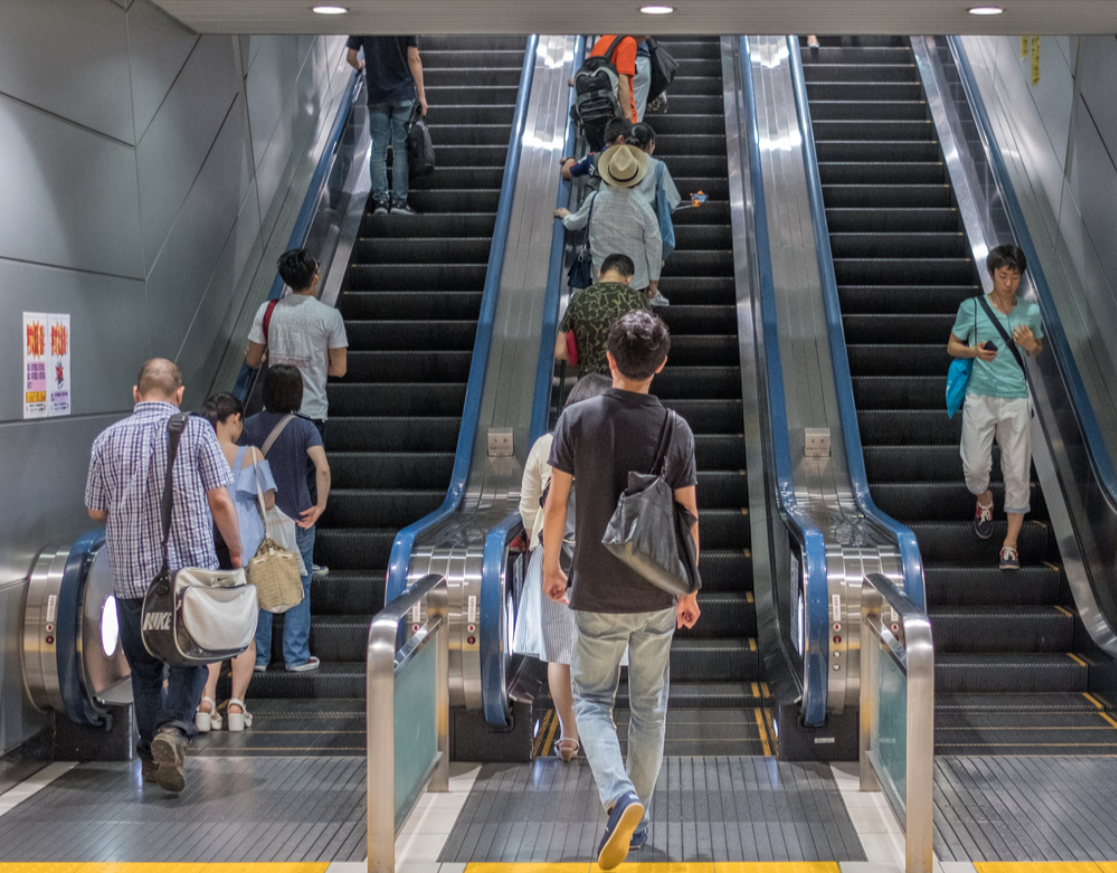 MAHATHIR MOHD YASIN, Shutterstock
MAHATHIR MOHD YASIN, Shutterstock
When going to the public bath
Clean yourself completely before stepping into a communal bath or hot spring. As previously mentioned, cleanliness and hygiene is important in Japanese culture.
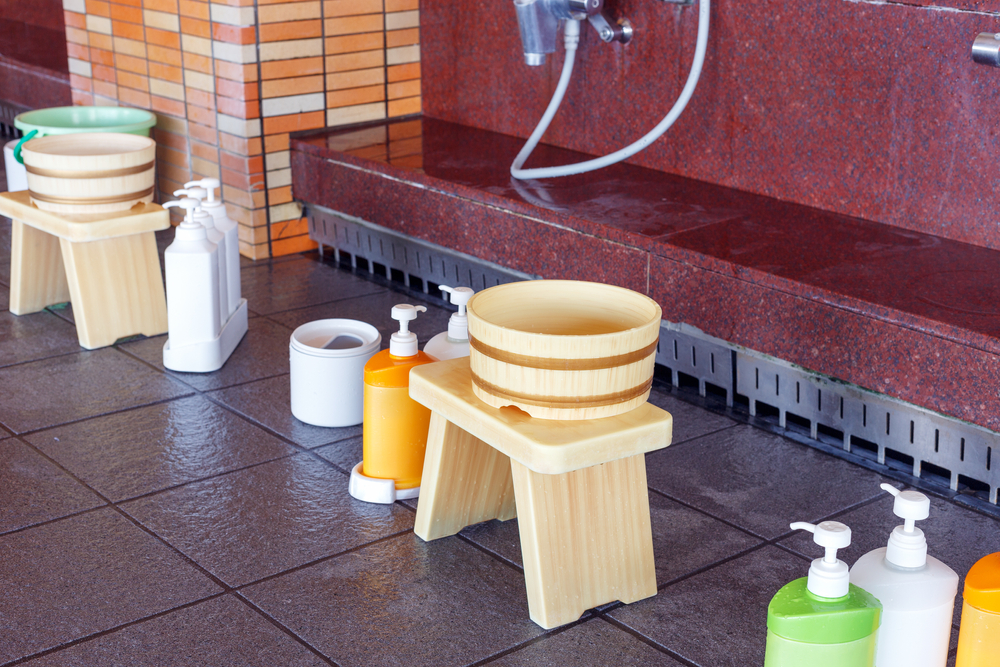 Narongsak Nagadhana, Shutterstock
Narongsak Nagadhana, Shutterstock
Dress modestly
Wear conservative clothing, especially when visiting temples, shrines, or rural areas. This shows respect for local customs and traditions.
No tattoos at the gym
Some gyms do not welcome visible tattoos. If you have tattoos and are planning to visit a gym in Japan, try your best to cover up as a form of respect.
Refrain from PDA
Public displays of affection, such as kissing or hugging, are generally frowned upon. Keep these actions private to avoid making others uncomfortable.
When visiting a temple or a shrine
Follow the proper rituals for purification and prayer when visiting temples and shrines. This typically includes bowing, clapping, and offering coins
Try to be on time
In Japan, being punctual is greatly respected as it shows consideration for others' time. Ensure that you get to appointments and meetings a couple of minutes ahead of time.
At the dinner table
Be quiet and composed at the dinner table. Dinners are meant for enjoying each other's company without getting too loud or rowdy.
Don't open a gift in front of the giver
Wait until you are away from a gift giver before opening their gift. It can cause the gift giver anxiety to see your reaction to what they have gifted you.
Ask before taking photos
Always ask for permission before taking photos of people or in sacred places. This shows respect for their privacy and the sanctity of the location.
Respect the elderly
Show respect to elderly people by offering them your seat on public transportation. Respect for seniors is deeply ingrained in Japanese culture.
Avoid trying to haggle
Unlike other Asian locations, prices are usually fixed at Japan markets. Bargaining is uncommon, so refrain from trying to strike a better deal on an item you wish to purchase.
Don't block poeple's way
There is a flow and rhythm to commuter movements in Japan. Make sure to move in the appropriate directions and avoid standing in a location where you may get in the way of someone trying to get by.
Keep your phone on silent
In keeping with Japanese customs to maintain a quiet and peaceful environment, keep your phone on silent to avoid disturbing others, especially when taking transit.
Source: JapanTravel, Inside Japan Tours

